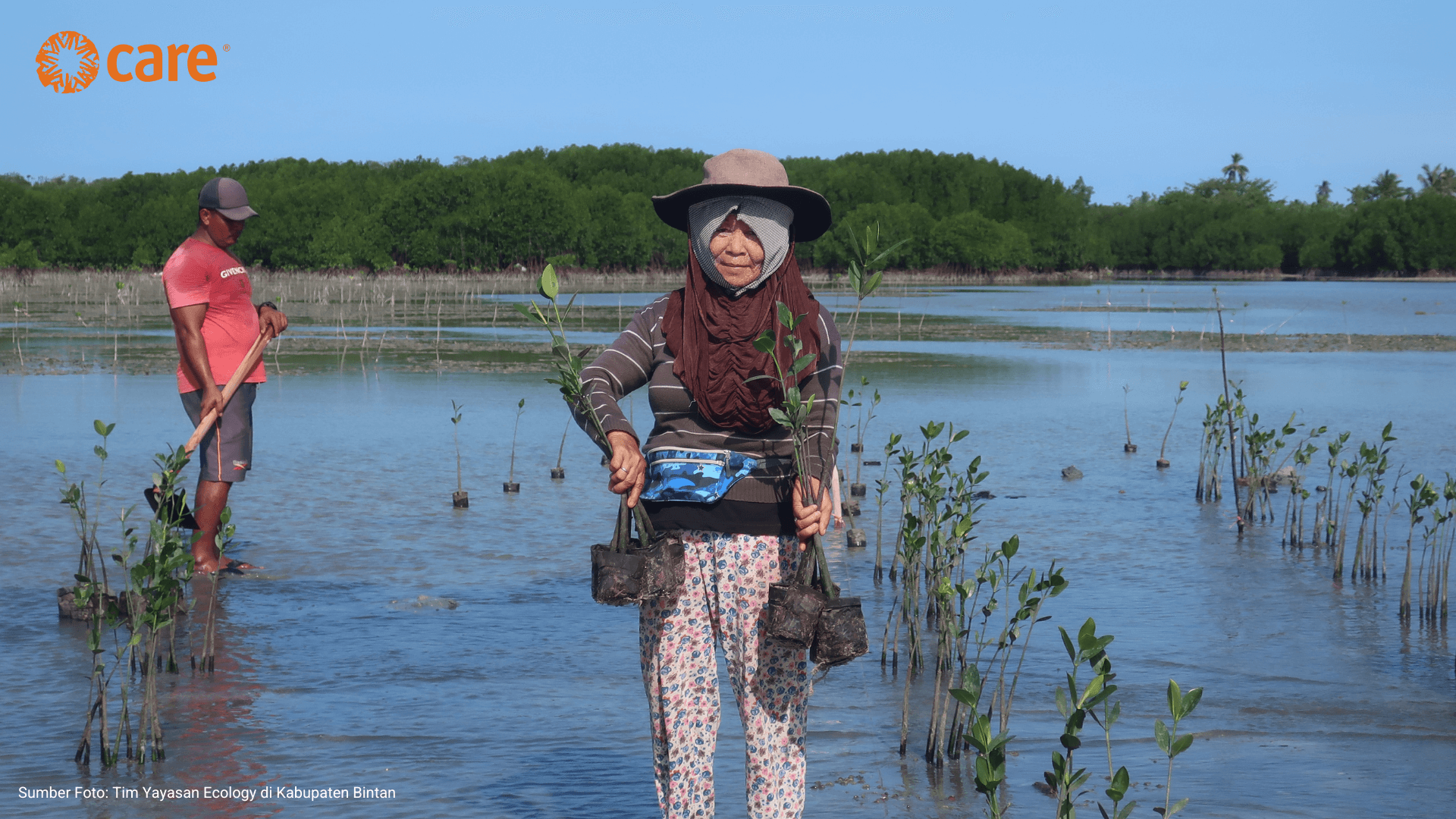The 2020-2024 Medium-Term Development Plan (RPJMN) aims for 100% national access to proper drinking water and 15% access to safe drinking water. According to the 2023 National Socio-Economic Survey (Susenas) by the Central Statistics Agency (BPS), 96.38% of households in West Sumbawa District (KSB) have access to proper drinking water sources.
The Deputy of West Sumbawa District, Fud Syaifuddin, S.T. M.M.Inov., explained in his speech at the inauguration of the safe drinking water depot, which was part of the West Sumbawa Gotong Royong Month activities (2/9), that the water depot in Jelenga, Beru Village, has a production capacity of 159 gallons of water per day. The depot’s construction is part of Beru Village’s government program, funded by the Village Innovation Fund, aimed at reducing stunting rates. The water produced is guaranteed to meet government standards.
“The water from this depot has been tested in a government laboratory according to Ministry of Health Regulation No. 2 of 2023, making it safe for consumption. Through the depot, about 1,000 residents in the surrounding area will gain access to safe drinking water. The depot is designed to meet safe drinking water needs for up to 15 years,” he stated.
The water source for the safe drinking water production at the depot comes from two wells: a borehole well built through the Community-Based Drinking Water Supply and Sanitation Program (PAMSIMAS) and a shallow borehole well constructed by the Yayasan CARE Peduli (YCP).
Muhammad Ikraman, YCP’s Project Manager in West Sumbawa, stated that the borehole well built by YCP in Jelenga has a depth of 10 meters and will be managed by a Water Committee, consisting of representatives from the village government and the community. “We noticed that Jelenga, being located along the coast, has limited access to clean water. Meanwhile, clean water and sanitation are key sensitive interventions essential for reducing stunting rates,” he said.
Ikraman further explained that families in Jelenga, Beru Village who have children with stunting and wasting conditions and expected mothers with anaemia will receive one gallon of drinking water per day from the water depot, as part of the Water Committee’s commitment. “If they need more than one gallon per day, each additional gallon can be purchased for 5,000 rupiah,” Ikraman said.
He explained that the Water Committee has received training and capacity building to maintain and repair the depot, enabling them to manage the water depot business independently. “The hope is that through the support and training provided by YCP, the Water Committee will not only manage the depot but also continue to educate families in Jelenga about maintaining health by providing safe drinking water to their households,” he explained.
The construction of boreholes is part of the stunting reduction acceleration program, a collaboration between Amman Mineral, the West Sumbawa District (KSB) Government, and YCP. Sensitive interventions, such as providing access to clean water, along with specific interventions, are part of the holistic approach YCP implements in 16 villages across KSB. In addition to the shallow borehole in Jelenga, Beru Village, clean water access efforts to accelerate stunting reduction are also being implemented in five other villages. This includes a deep borehole in Talongan Village and water depots in villages such as Tatar Village, Ai Kangkung Village, Talonang Baru Village, and Sekongkang Atas Village.
Dr. Abdul Wahib Situmorang, CEO of YCP, expressed his deep appreciation for the support of the Regent and the West Sumbawa District Government (KSB) in various activities related to the stunting reduction acceleration program. According to him, the active role and support of the KSB government have been key to the successful reduction of stunting rates in KSB, which has dropped to 7.83 percent in 2023, based on the e-Community-Based Nutrition Recording and Reporting Application (e-PPGBM).
“CARE Indonesia, as a partner of AMMAN working closely with the West Sumbawa District (KSB) Government, highly appreciates the full support provided for the holistic approach we are implementing. This approach not only focuses on providing access to clean water but also extends to Beru Village through initiatives like Supplementary Feeding (PMT) Recovery for children with stunting and pregnant women with Chronic Energy Deficiency (CED), parenting education, promoting a clean and healthy lifestyle, gender equality training, and economic support for women’s groups,” he stated.
Since 2022, the stunting reduction acceleration program in Beru Village has reached 304 participants, including 228 women and 73 men, through PMT Recovery, various trainings, and support. Additionally, a 10 million rupiah business capital grant was provided to the Maju Bersama Women’s Micro Business Group in Beru Village.
Writer: Swiny Adestika





